Anubhav Sinha’s Article 15 brought the discussion of caste-divide in India to the mainstream, urban audience. But, the caste system, the social taboos that come with it, the concept of untouchability, and the Orthodox beliefs, have been a part of India’s socio-political fabric for far longer.
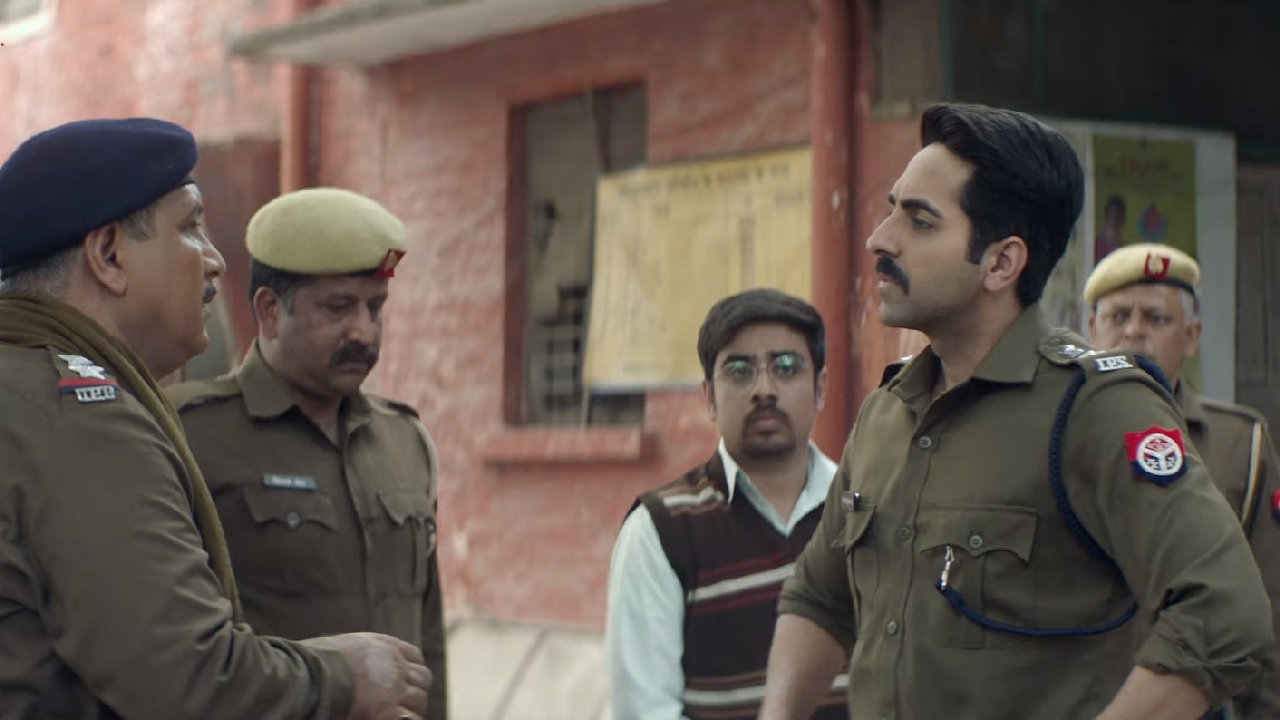
That’s exactly what Indian filmmaker Stalin’s 2007 documentary, India Untouched: Stories of a People Apart, brings to light.
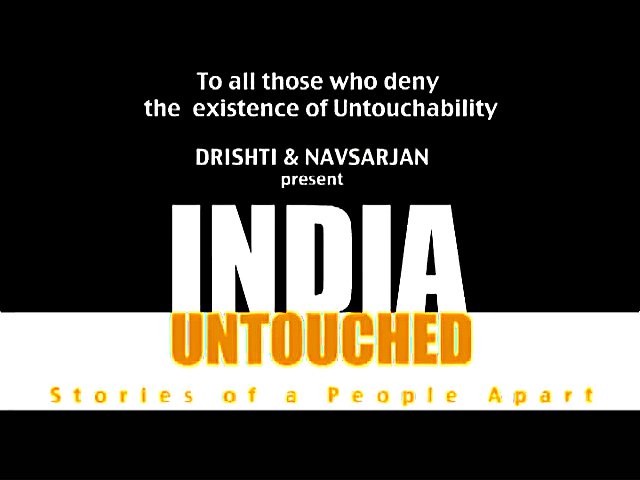
The winner of five different awards, including the Golden Conch, Best Documentary at the Mumbai International Film Festival, this documentary takes the viewer across India to expose, rather throw light, on how caste system affects people across social strata and geographical boundaries.
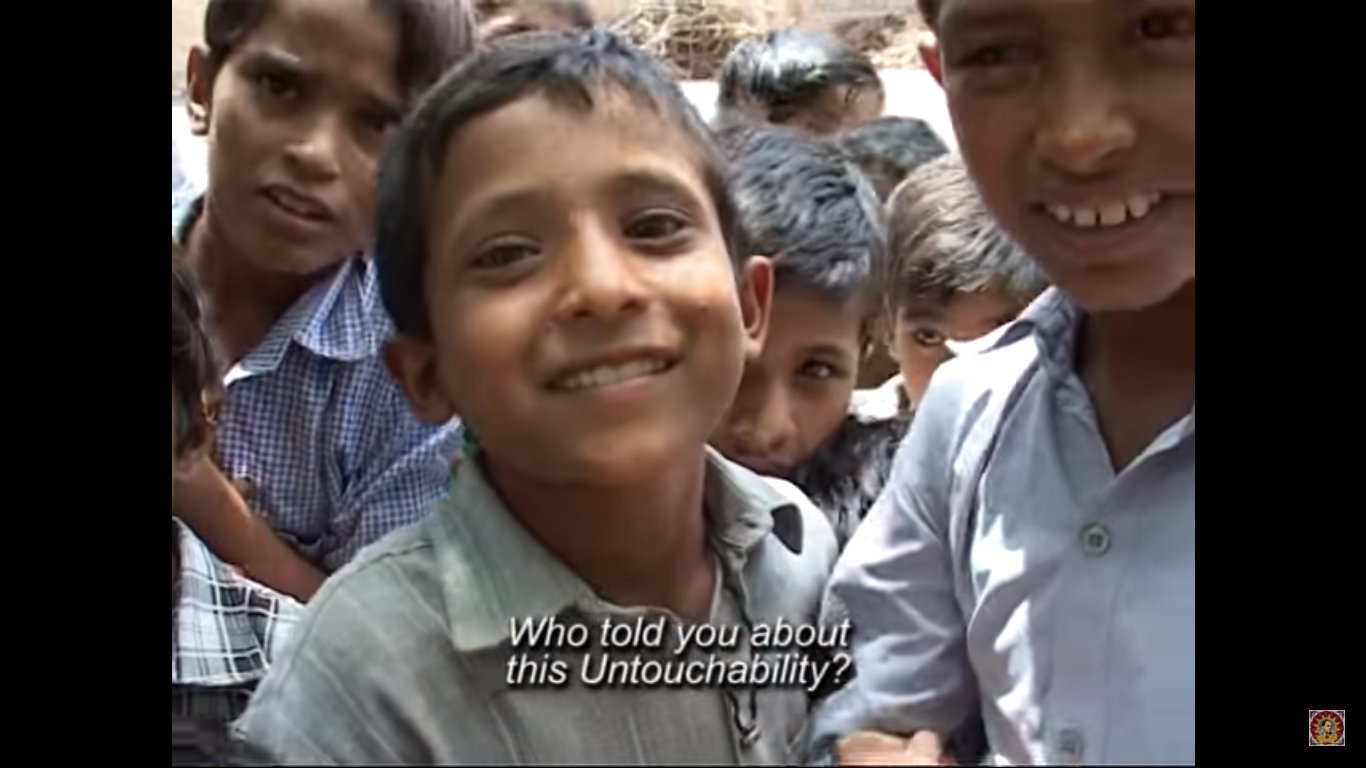
Even today discrimination on the basis of caste is a very real issue – one that plagues countless lives across the nation. In simple terms, a person is forced to undertake hard manual labour, stick to illogical customs, and is constantly discriminated against – purely on the basis of his birth. And yet, urban India remains woefully blind – because a majority of us are far removed from a reality where you’re conditioned to accept discrimination.
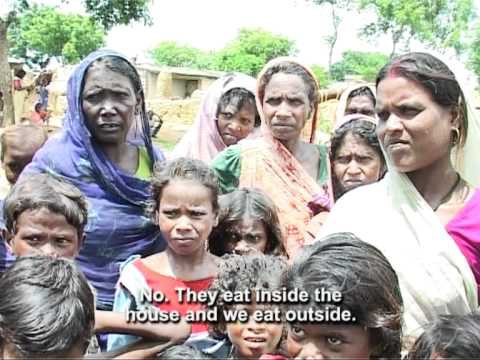
Supported by interviews that are intelligently intermingled with impactful visuals, the documentary helps point out how untouchability and caste-discrimination is not a religious or geographical problem – it exists across borders, religions, language. Ironically, it might just be the one thing actually common across India.
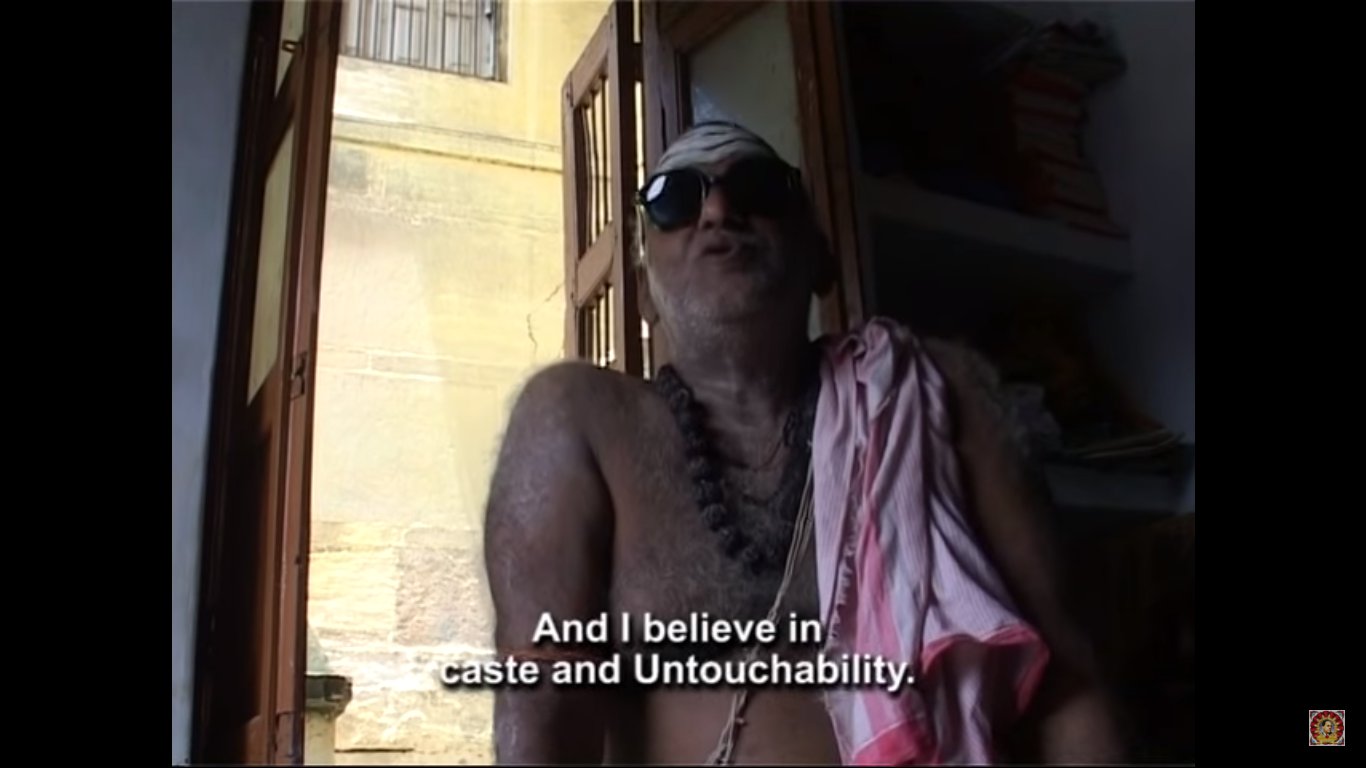
Stalin, who also made Lesser Humans on the same topic, has talked about the subject on various platforms. And his knowledge of the situation and empathy for it is evident in his works and his talks. And that explains why, even today, people consider India: Untouched to be an intelligent and comprehensive account of India’s caste issue.
India Untouched is gold. The moment I saw that documentary a few years back, I had decided to do a film based on caste discrimination. Thank you for giving me a definite trigger for #Article15 🙏🏻 https://t.co/X5XlSeAkQ2
— Ayushmann Khurrana (@ayushmannk) June 3, 2019
#Article15 is brilliant. Also watched the documentary “India Untouched: Stories of a People Apart.” by Stalin K this weekend. If you haven’t watched this, please please do. Even before watching Article 15. https://t.co/rlp7EaJH1t
— Ananya Ghosh (@ananyapedia) June 29, 2019
India Untouched – a beautiful documentary! Stalin take a bow, u have done a great job of portraying the truth as it is, commendable!
— ZENIA D’CUNHA (@ZENIADCUNHA) December 1, 2010
India untouched is a great documentary by Stalin that goes over all aspects of caste in India with an in depth coverage. It’s free on YouTube I urge all of you who haven’t seen it to check it out. It opened my eyes.
— রাজ্ শেখর (@DiscourseDancer) May 13, 2019
To get an idea of caste discrimination in India watch this great documentary India Untouched http://youtu.be/9_UnVZT0-0k
— کاشف الہدیٰ (@kaaashif) February 17, 2011
Just watched this very powerful documentary “India Untouched” on caste https://t.co/iXXCaAex49 Highly recommended.
— Ahsan Butt (@ahsanib) May 14, 2017
To all those who say caste discrimination doesn’t exist in modern India, do us all a favour and watch “India Untouched” documentary NOW. https://t.co/UkUBNO0CIr
— Mudra (@ferociousoxide) March 5, 2019
You can watch the complete documentary here.
All images are screenshots from the documentary on YouTube.

















